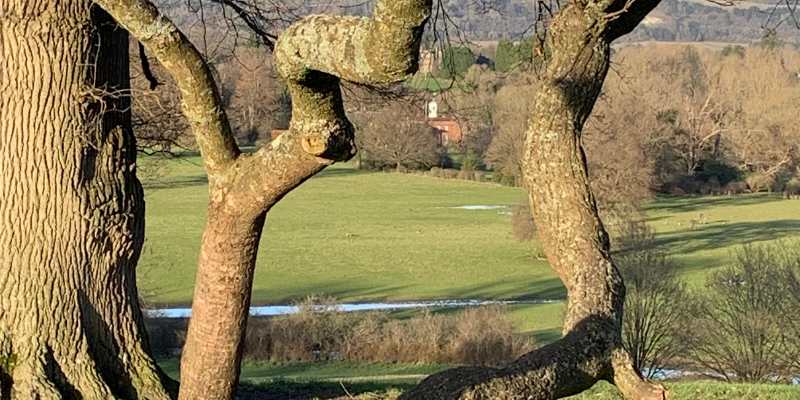Betchworth Estate - farming for the future

Working with DEFRA, Betchworth Estate is introducing several new environmental projects this year, writes Robert Hamilton
If you brave the mud on a Betchworth footpath, you will see from the lines of thickening green that the crops we planted last autumn are now well established in the fields. Early spring is also happening as usual in the sheds at Snowerhill, with a clutch of new calves popping out each day. So far, so familiar, but behind the scenes change is underway.
This year the Betchworth Estate is starting a new environmental agreement with DEFRA under the Sustainable Farming Incentive. This will be on top of our existing commitments to, amongst other things, low input grassland, hedgerow management and conservation headlands under the Higher Level Stewardship.
The new agreement will give us a string of extra environmental projects to pursue alongside our farming. It only lasts for three years, a reminder that for the Government, as well as for farmers, this is very much a work in progress.
Our crop rotation will now include legume fallow. That is, fields of flowering plants like clover which are of great benefit to birds and pollinating insects during the late spring and summer. The clover also fixes nitrogen in the soil and encourages the worm population, thus improving soil structure.
In other areas we will be sowing winter bird food mixes of at least six different cereals and brassicas which produce small seeds. This provides food for farmland birds in the late autumn and winter. In the summer the flowers help insects including bumblebees, solitary bees, butterflies and hoverflies.
In fields used for spring crops, we will sow a multi-species cover crop in the autumn. This protects the soil surface during the winter months. The root growth benefits the soil structure and minimises nutrient leaching and runoff. On these fields we can use an integrated pest management programme to avoid using insecticide sprays.
We have also made an operational change so that our fieldwork is now done by a contractor. This means the machines you see in our fields are theirs. The crops, however, are still ours and we are responsible for how they are managed.